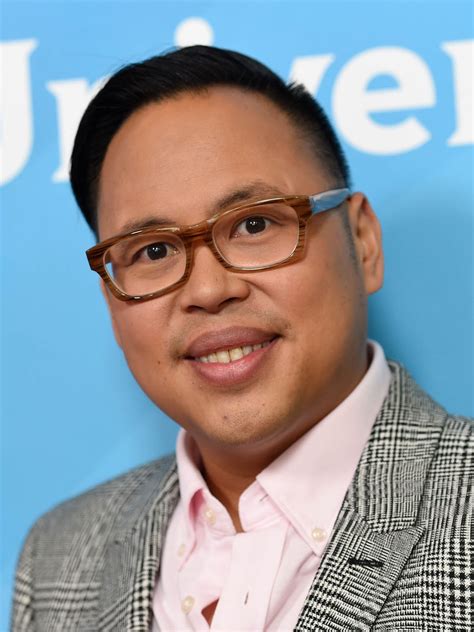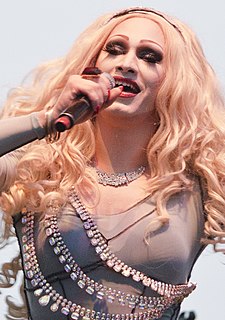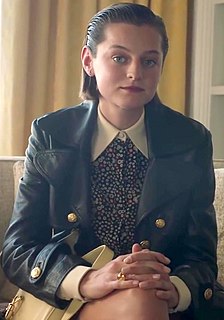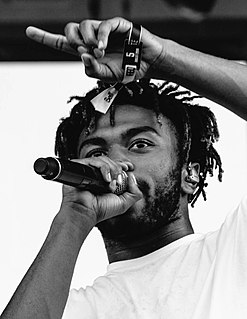A Quote by Ira Sachs
Without community events like NewFest, I don't think we'd have a queer cinema in America.
Related Quotes
A lot of artists I like end up being queer. Or maybe it's a subconscious thing that you can identify of, like, 'Oh this person understands the nuances of the romantic narrative of a queer person, or the social narrative of a queer person.' And then you discover, lo and behold that they are a queer person.
I am pansexual as I actually remember also being attracted to women as well and thinking that maybe this like, thing where I was attracted to men was just like some weird phase or if it was something I could just ignore. My mom is queer and I have a queer uncle. So, I wasn't completely, you know, shielded from queer representation.
I think what I loved in cinema - and what I mean by cinema is not just films, but proper, classical cinema - are the extraordinary moments that can occur on screen. At the same time, I do feel that cinema and theater feed each other. I feel like you can do close-up on stage and you can do something very bold and highly characterized - and, dare I say, theatrical - on camera. I think the cameras and the viewpoints shift depending on the intensity and integrity of your intention and focus on that.



































